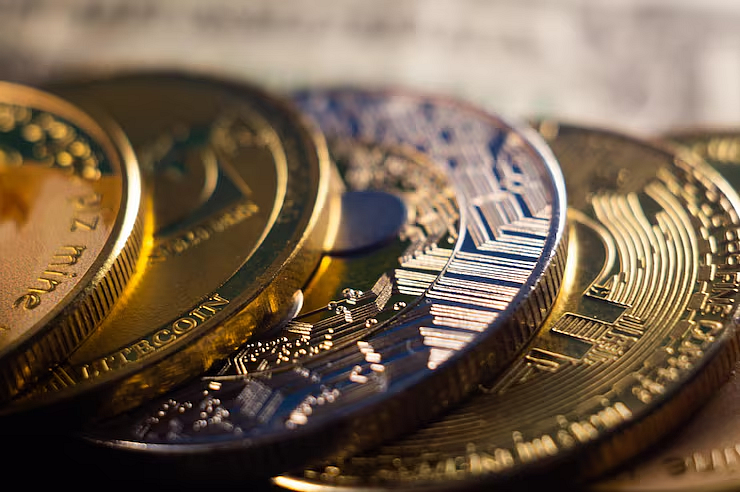Stablecoins: Opportunity or Threat for Pakistan’s Financial Future?
The world is once again standing at a critical turning point. The old order of finance and power is being reshaped by emerging technologies. From artificial intelligence transforming how we work to cryptocurrencies redefining money, innovation has become the frontline of global competition.
Among these innovations, stablecoins have captured global attention. Unlike volatile digital assets such as Bitcoin and Ethereum, which often experience wild price swings, stablecoins are designed to maintain a steady value by pegging themselves to assets like the US dollar or commodities. This stability makes them attractive for everyday use and cross-border payments.
Why Stablecoins Matter
Stablecoins offer several advantages that traditional financial systems struggle to match:
-
Faster Transactions: Payments can be completed in minutes instead of days.
-
Lower Costs: Fees are a fraction of what banks or card issuers usually charge.
-
Global Access: They provide opportunities for people without bank accounts to join the financial system.
In fact, stablecoins could evolve to act like digital bank accounts, money market funds, or even tokens backed by stocks, bonds, and ETFs.
The US Moves First
Recognizing their potential, US President Donald Trump recently signed the Guiding and Establishing National Innovation (Genius) Act. The law requires stablecoin issuers to:
-
Hold federal licenses
-
Disclose their reserve assets
-
Maintain one-to-one backing with high-quality liquid assets
-
Conduct independent audits
This framework is designed to create transparency, build investor confidence, and cement the role of dollar-backed stablecoins in global finance.
Major corporations including Stripe, JPMorgan Chase, Walmart, and Amazon are already exploring their own stablecoins, signaling that mainstream adoption is only a matter of time.
Pakistan’s Opportunity and Risk
For Pakistan, where more than 100 million people remain unbanked, stablecoins could be a game-changer. They can help:
-
Freelancers receive payments faster and cheaper.
-
Overseas Pakistanis send remittances without high fees or long delays.
-
Businesses access modern payment solutions otherwise unavailable due to the absence of platforms like PayPal.
However, the risks are equally significant:
-
Dollarisation Threat: Widespread use of dollar-backed stablecoins could weaken the rupee.
-
Parallel Economy: Informal use could undermine the State Bank’s control over monetary policy.
-
Security Concerns: Bypassing intermediaries raises risks of money laundering and terror financing.
Countries like Nigeria and Turkey are already seeing dollar stablecoins gain traction as citizens lose confidence in their national currencies. Pakistan could face a similar scenario if it does not act proactively.
The Way Forward for Pakistan
To balance opportunity with stability, Pakistan must:
-
Accelerate Central Bank Digital Currency (CBDC) Development
– A digital rupee could replicate many of the benefits of stablecoins while keeping monetary control in state hands. -
Develop a Stablecoin Regulatory Framework
– Clear rules will protect against misuse while enabling innovation in the fintech sector. -
Encourage Innovation While Guarding Stability
– Just like with past technologies, early action will determine whether Pakistan benefits or suffers from disruption.
Final Thoughts
Stablecoins represent both promise and peril. They can revolutionize payments, expand financial inclusion, and enhance global commerce. Yet, without oversight, they could destabilize developing economies like Pakistan’s by weakening local currencies and undermining central banks.
As the US embraces stablecoins to maintain the dollar’s dominance, Pakistan must chart its own course. The future lies not in resisting innovation but in guiding it wisely — ensuring that technology strengthens, rather than destabilizes, the financial system.
👉 Key Takeaway: For Pakistan, the rise of stablecoins is not just a financial trend — it’s a wake-up call to innovate, regulate, and protect its economic sovereignty.

